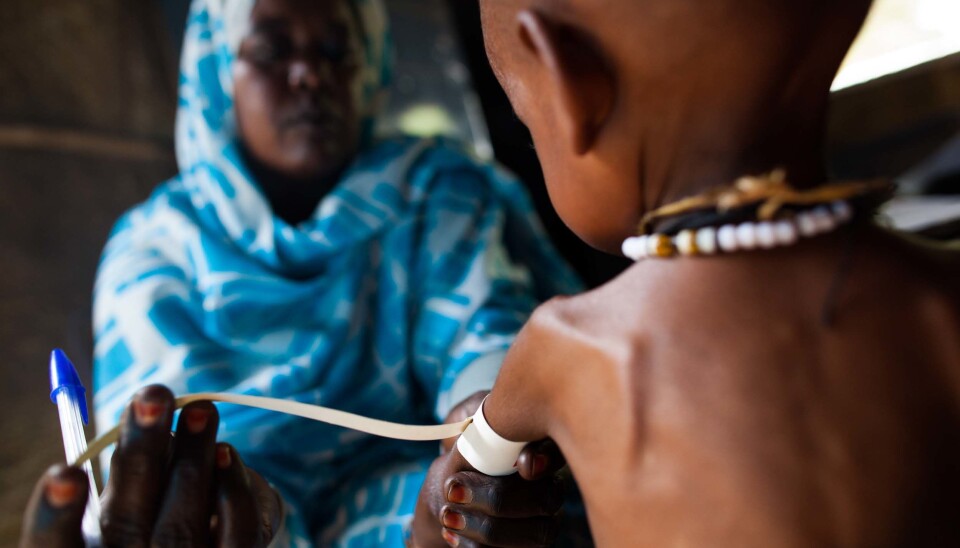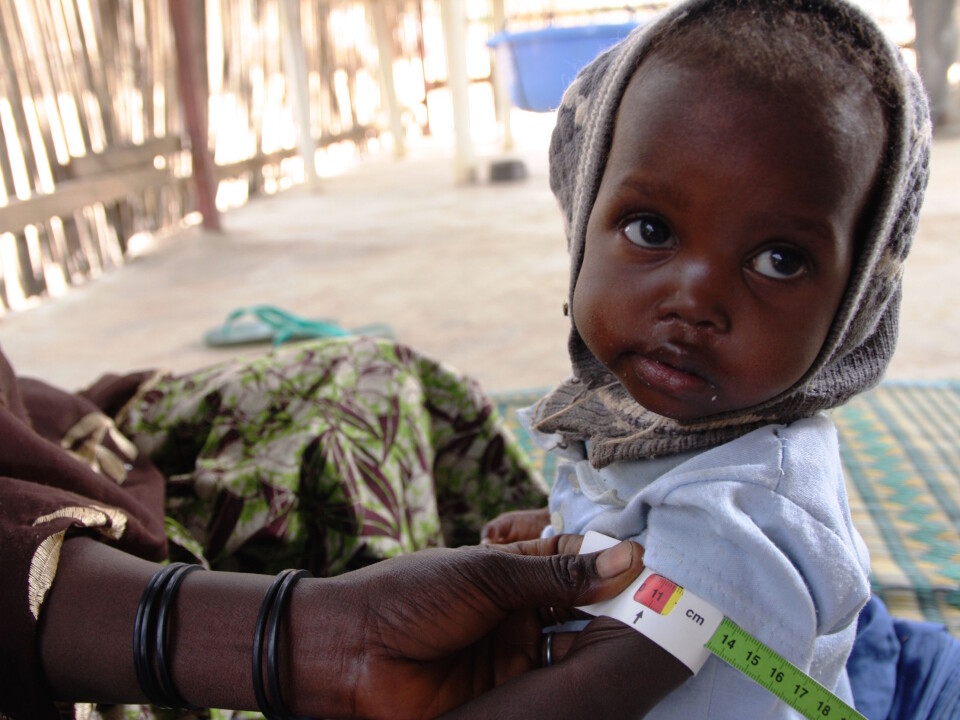
Healthy gut microbes could treat malnutrition
Gut microbes taken from healthy children reduced the harmful side effects of malnutrition in mice, including stunted growth and development.
There are millions of children worldwide currently suffering from malnutrition and its severe side effects, which range from stunted growth to reduced cognitive development and a whole range of health issues later in life.
New research suggests that a solution could be found in the millions of bacteria that live in our stomachs.
Scientists have transplanted gut microbes from well-nourished children into juvenile mice and fed them a diet that might otherwise result in malnutrition. But the mice with the healthy gut microbes were able to gain weight and developed lean body mass.
“Our results suggest that microbiota may have a role as a cause and also a therapeutic intervention for malnutrition,” says co-author Yuemei Fan, from the Center of Child Health Research at the University of Tampere School of Medicine, Finland.

The new results are published in the journal Science.
Missing gut microbes linked to reduced development
In the new study, the scientists took microbiota from both healthy and malnourished Malawian infants aged 6 or 18 months, and transplanted them into five-week-old mice that had no gut-microbes of their own.
The mice were then fed a typical Malawian diet, and the scientists tracked their development.
Mice who received microbes from healthy donors gained much more weight and lean body mass than mice that had received their microbes from malnourished infants.
In fact, when they looked closely at the composition of the gut flora in the child donors, they saw that they were underdeveloped in the malnourished children compared to the healthy kids. There were two species of bacteria in particular that were responsible for the large differences in growth.
Colleague: A “very interesting” study
Assistant Professor Lena Brahe, a clinical nutritionist from the University of Copenhagen, Denmark, finds the new results interesting.
She is currently involved in a project looking at the impact of gut microbiota in growth impairments in Danish children.
“What they show is very interesting,” says Brahe. “First, because it supports the hypothesis that gut microbiota could play a causal role in growth impairments in children.”
“But it also supports the idea that maybe we should look at gut microbiota when we deal with strategies to prevent and treat undernutrition,” she says, and adds that this applies not only to children, but also to adults, including elderly people.
Isolated good bacteria
Brahe is particularly impressed that Fan and colleagues were able to identify specific strains of bacteria that, when added to the young mice, restored the gut flora to normal.
“As the results in this study also suggest, it might be possible to counteract the growth impairment in children by colonising the gut with specific bacteria,” says Brahe.
“That’s interesting as it means that maybe we can identify specific bacteria that can prevent growth impairments and for instance provide these to the children through probiotic supplements,” she says.
Brahe also sees applications that go beyond undernourished infants and include treatments for children and adults that have experienced other types of growth abnormalities. This includes problems experienced by overweight or obese patients, who are at the other end of the malnourishment scale.
But she emphasises, there is a long way to go before such treatments could be rolled out.
Tackling global malnutrition
For Fan, the results are an exciting development in the fight to end malnutrition in some of the world’s poorest countries.
According to Fan, low-income countries like Malawi have the highest prevalence of stunting, where as many as 70 per cent of children under the age of three suffer from stunted growth. And this is associated with many other effects, she says.
“It not only effects the child’s risk of morbidity and mortality, but also mental and motor development, and there’s also studies that show a link to reduced educational achievement, adult productivity, and earning potential later in life,” says Fan.
“So it’s really a priority in countries like Malawi, where it’s a major public health problem,” she says.
“Gut microbes appear to play an important role, but they’re not the only factor. So now, we’re looking into these other factors, such as viral or parasitic causes and also the role of other systemic infections,” says Fan.
Video: Nutrition in two minutes (World Food Program).










